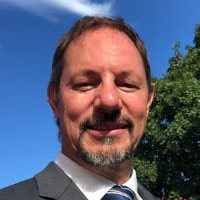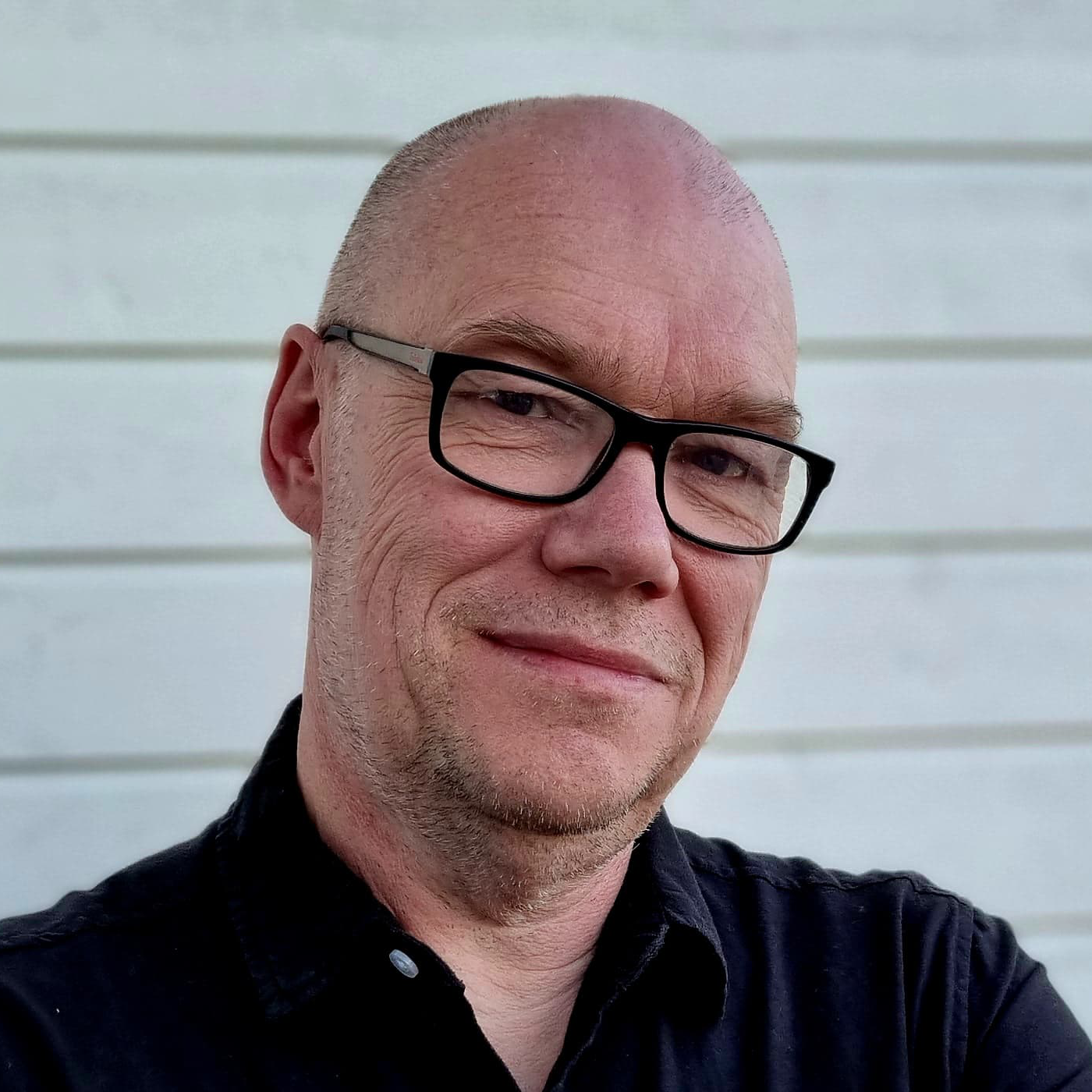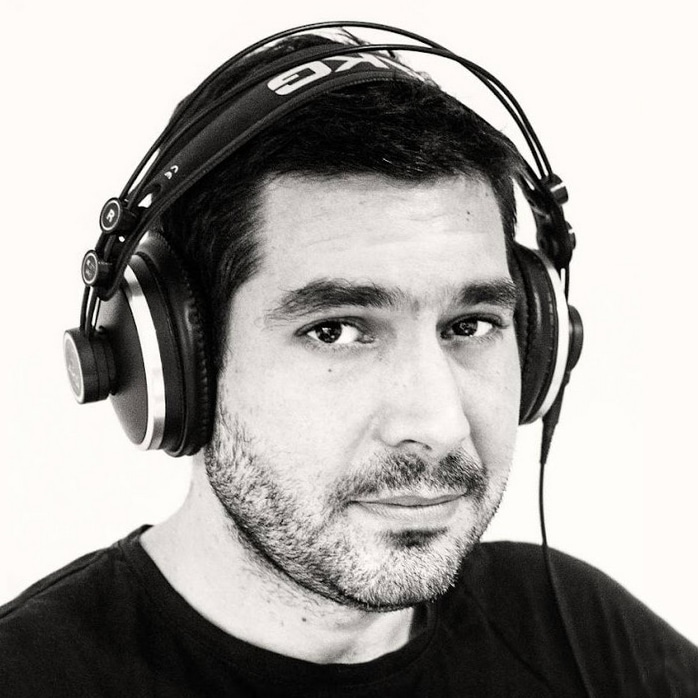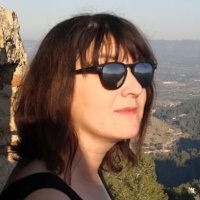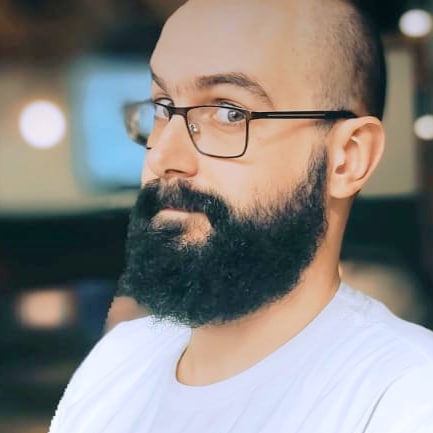A new podcast about education in Africa for our collective #futureframedTV podcast hosted by the amazing Dr. Connie Nshemereirwe.
Dr. Connie Nshemereirwe is an independent science and policy facilitator and acts at the science-policy interface as a trainer, writer, and speaker. She is the director of the Africa Science Leadership Programme (ASLP) based at the University of Pretoria in South Africa, and also works with the Partnership for African Social and Governance Research (PASGR) based in Nairobi, Kenya. Through organizations like these, she works with both academics and policymakers to contribute to evidence-based policy.
Her undergraduate studies were in Civil Engineering, but in later years she made the shift to Education by completing a master’s degree in the design of education and training systems at the University of Twente in 2004, later followed by a PhD in Educational Measurement at the same University in 2014.
She is also active in Civil Society through the Ugandan Think Tank, Kigo Thinkers, and speaks at and attends various public engagement activities on the subject of adequacy and relevance of formal education in Uganda.
Away from work, Dr. Nshemereirwe enjoys reading fiction as well as works on a wide range of subjects, from philosophy to personal development. She is also an active Toastmaster: a member of two clubs and founder of a university-based Toastmaster club.
